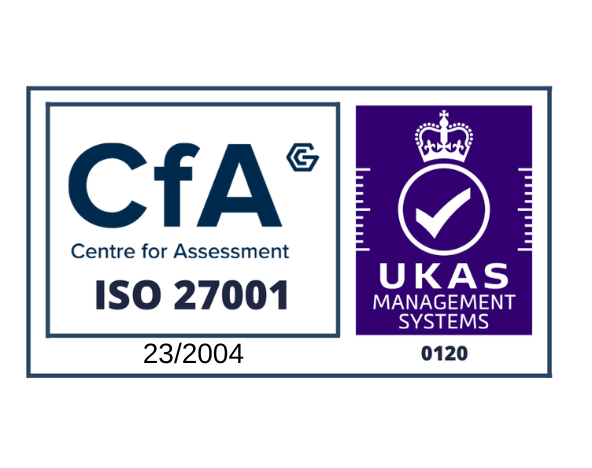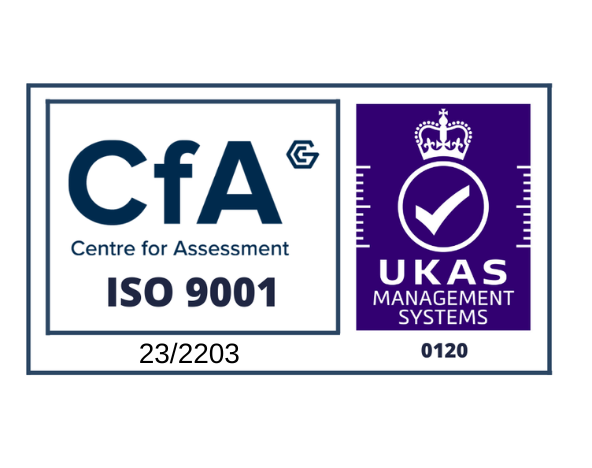
Glossary Of Terms
Income Protection Plan
Income protection plans are used by individuals to guard against loss of income as a result of serious illness or injury, loss of employment etc. Sometimes also known as Payment Protection Insurance.
Income Tax
Income tax is a government tax paid on income. It is paid by employees and people who are self-employed. Individuals may be liable to income tax on income from a pension or savings.
Individual Savings Account (ISA)
ISA stands for Individual Savings Account. ISAs were launched by the Government in 1999 to encourage the general population to save and invest – they are tax exempt. There are two types of ISA, cash ISA and a Stocks and Shares ISA.
Individual Voluntary Arrangements (IVA)
An individual can set-up their own arrangement by making a formal proposal to their creditors to pay part or all of their debts. Individuals need to apply to the court and are helped by an insolvency practitioner. Any agreement reached with creditors will be binding on them.
Inheritance/ Inheritance Tax
Inheritance is the practice of passing on property, titles etc upon the death of an individual. Inheritance tax will be paid by an individual if their estate – including any assets held in trust and gifts made within seven years of death – is valued over the current Inheritance Tax threshold (£325,000 in 2009–10). The tax is payable at 40% on the amount over this threshold.
Insolvency Service
The Insolvency Service has been set up by Government to provide advice to the public on insolvency and redundancy matters.
Interest Only (mortgage)
An interest-only mortgage offers an individual a less expensive way to purchase a property than with a capital repayment mortgage, because the borrowers are only paying off only the interest and not the capital. For example, a £150,000 home loan at 5% over 25 years would cost £625 per month interest-only, and £877 per month capital repayment. The main difference comes at the end of the mortgage period, where the interest-only loan will have paid off only the interest - leaving the original £150,000 debt to be repaid. In contrast a repayment mortgage would have cleared the capital debt.









